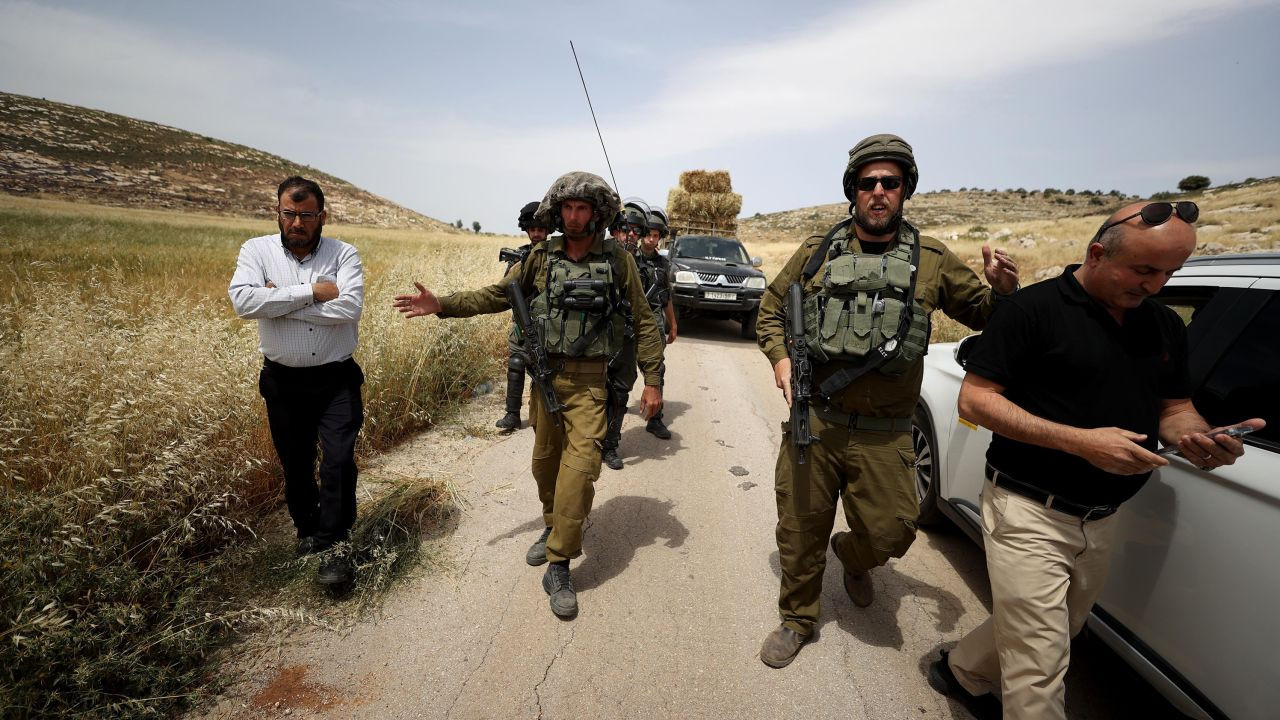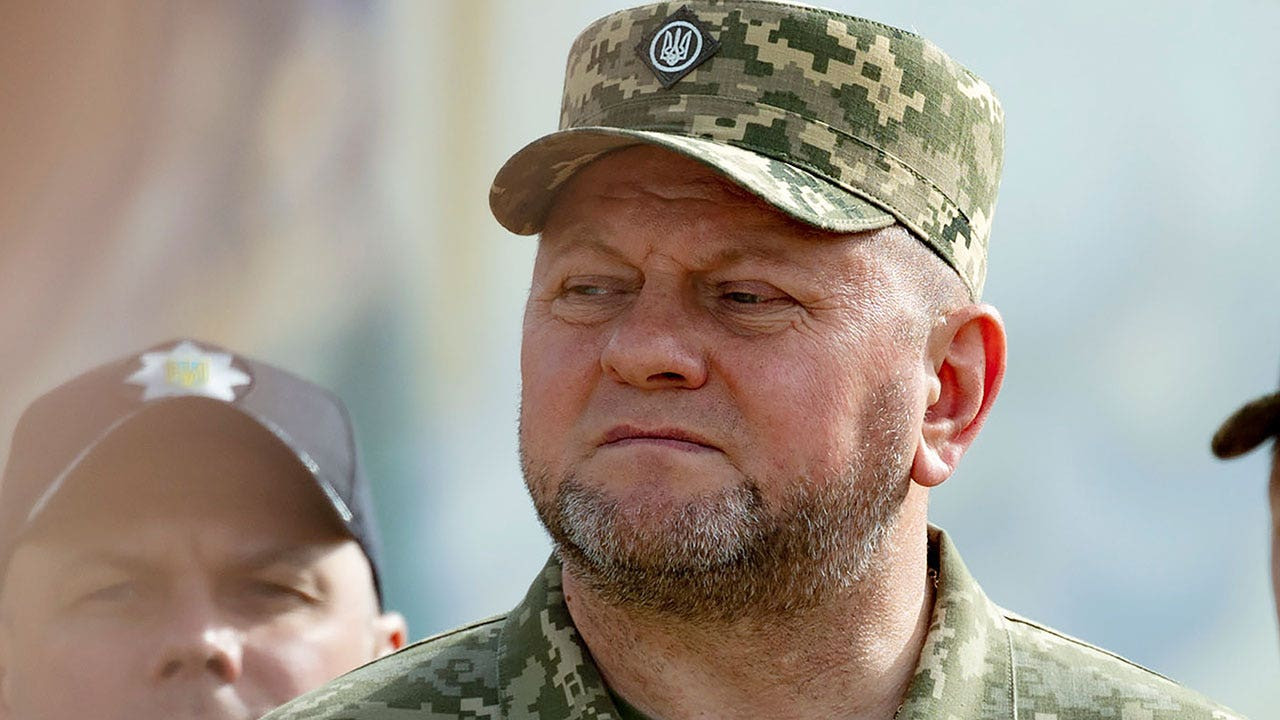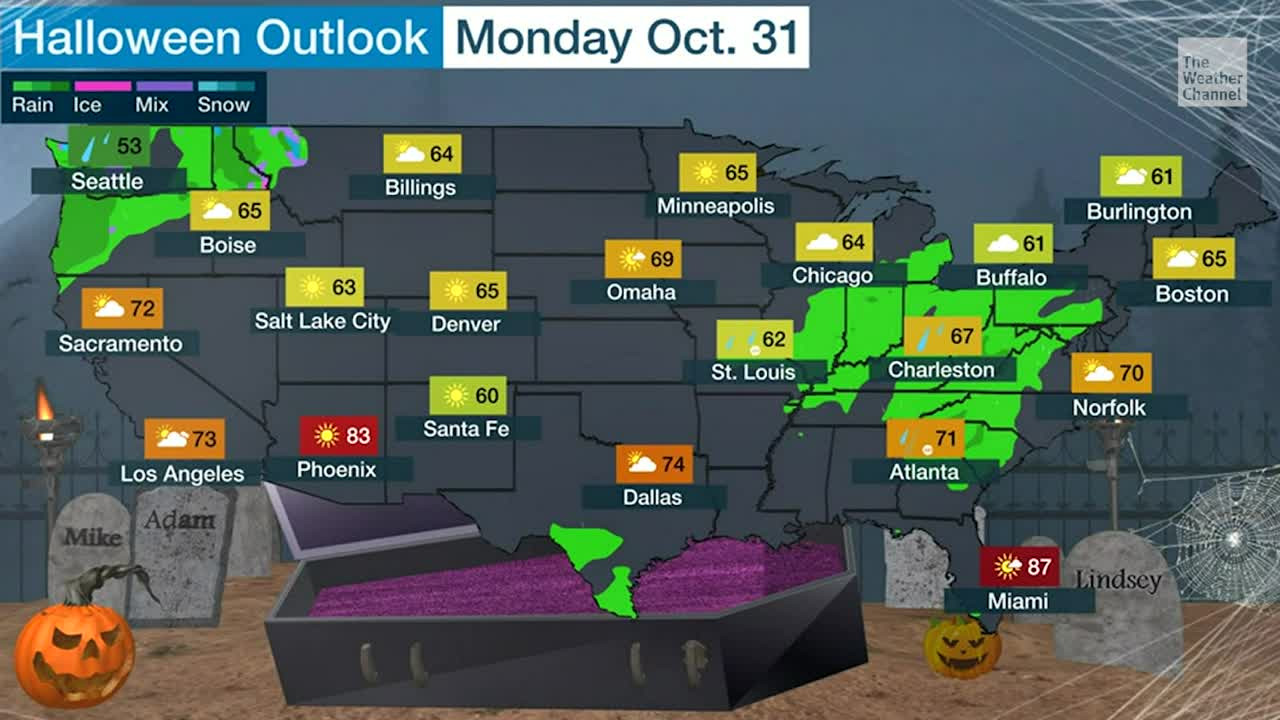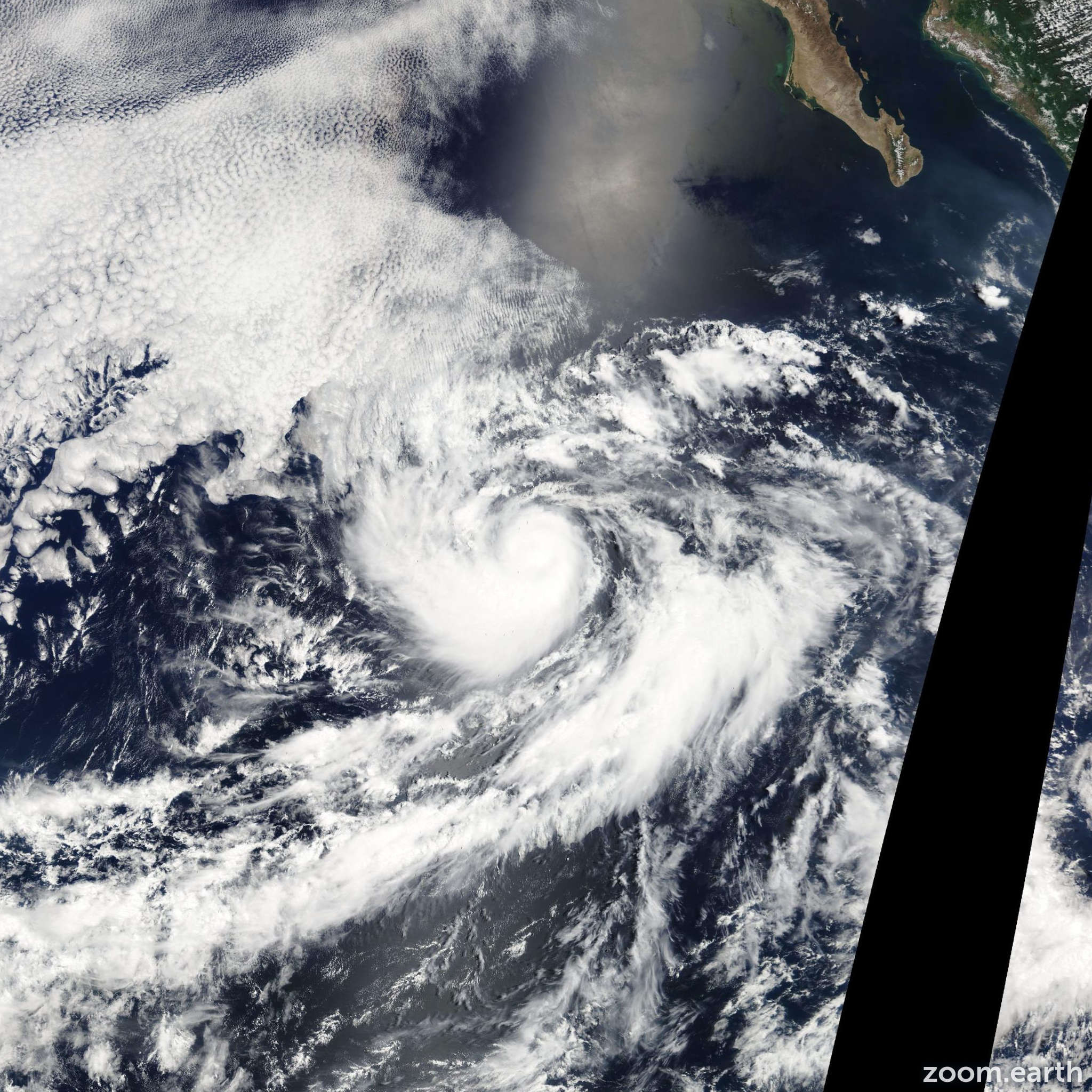UK Prepares for Potential Evacuation From Lebanon Amid Rising Tensions
The UK government is preparing to evacuate British citizens from Lebanon amid escalating violence between Israel and Hezbollah. Dozens of British troops are already in Lebanon as part of a sensitive mission to train and advise the Lebanese armed forces, The Times reported on Monday.
The escalating tensions are a cause for concern, particularly as the situation could “deteriorate rapidly,” according to David Lammy, the UK’s Foreign Office minister. Lammy has urged British nationals to leave Lebanon while commercial options remain.
Fear of a Repeat of Afghanistan
The UK government is acutely aware of the need to avoid a repeat of the chaotic evacuation of British citizens from Afghanistan in 2021 when the Taliban took control. The Foreign Secretary, along with officials in Whitehall, are working to ensure that a similar situation is avoided in Lebanon.
Escalation of Violence
The escalation of violence in Lebanon has seen Israeli forces carry out dozens of air strikes on Hezbollah targets in southern Lebanon, targeting Hezbollah weapons stores, rocket launchers, and communication devices.
The Israeli military has also been using exploding pagers and walkie-talkies to target Hezbollah operatives, killing and injuring many people. These attacks have been widely attributed to Israeli security agencies.
International Condemnation
The United Nations has condemned the escalating violence in Lebanon, warning that the actions and rhetoric of both sides are taking the conflict “to another level.” The UN has expressed concern about the civilian casualties, particularly the targeting of communication devices, which it considers a potential war crime.
Iran’s Role
Iran, which supports both Hezbollah and Hamas, has accused Israel of trying to provoke a wider war in the Middle East, beyond that with Hamas in Gaza. The Iranian president, Masoud Pezeshkian, said that Israel is laying “traps” to lead Iran into the broader conflict.
Regional Spillover
The conflict in Lebanon is a cause for concern as it could potentially spill over into other countries in the region. The US, under then-President Donald Trump, withdrew from a nuclear accord signed in 2015 by Iran and six world powers under which Tehran curbed its disputed nuclear program in return for a lifting of international sanctions. This withdrawal has complicated the situation, and the resumption of talks to revive the deal is becoming more difficult.
Diplomatic Efforts
Despite the escalating violence, diplomatic efforts to de-escalate the situation are ongoing. The US has called for a ceasefire, and the UK is working with its international partners to bring the violence to an end. However, the current situation is volatile, and the risk of a wider conflict remains.
Preparing for a Ground Invasion
Israel has warned that it is prepared for a ground invasion of Lebanon if necessary. Rear Admiral Daniel Hagari, a spokesman for the Israeli military, said that the Israeli army is “in full readiness” and will do “whatever is necessary” to ensure security on the country’s northern border.
The Israeli military has also said that it has targeted 1,300 Hezbollah targets in Lebanon over the past 24 hours. The Israeli Defense Minister, Yoav Gallant, has said that the airstrikes have destroyed tens of thousands of Hezbollah rockets.
The Human Cost of War
The escalating violence has already taken a heavy human toll. The Lebanese health ministry has reported that at least 356 people have been killed in Israeli airstrikes on Lebanon, including women and children. This has been the deadliest day for Lebanon since the Israel-Hezbollah conflict in 2006.
The humanitarian situation in Lebanon is worsening as the conflict continues. Many people have fled their homes, and there is a shortage of food, water, and medical supplies. The UN has called for a humanitarian ceasefire to allow for aid to be delivered.
The Future Uncertain
The future of the conflict in Lebanon is uncertain. However, one thing is clear: the situation is volatile, and the risk of further escalation remains high. The international community must work together to de-escalate the situation and prevent a wider conflict.
A Call for Peace
In the face of this escalating violence, it is important to remember the human cost of war. Every life lost is a tragedy. It is time for all parties to engage in dialogue and find a peaceful solution to this conflict. The people of Lebanon deserve peace, and the international community must do everything in its power to help them achieve it.


















